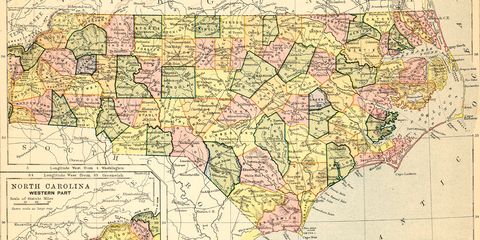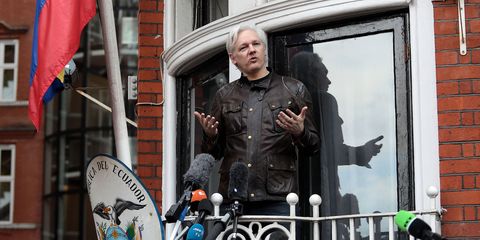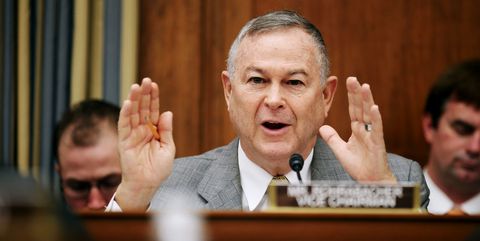Nearly 200,000 people from El Salvador have to go, the Trump administration announced today in its latest reversal on immigration policy.
Since 2001, the U.S government has allowed roughly 200,000 Salvadoran migrants to work and live in the U.S. under Temporary Protected Status (TPS). The provisional relief was granted by President Bush following two disastrous earthquakes in El Salvador in 2001 and government officials have since renewed TPS for Salvadorans 11 times. Now, the Trump administration is taking it way.
Officials from the Department of Homeland Security posted on their website today that TPS for Salvadorans will terminate on September 9, 2019, marking a significant blow to what’s by far the largest community benefiting from TPS.
Temporary Protected Status is a humanitarian program started in 1990 that’s meant to aid foreigners who have arrived in the United States illegally and cannot safely return to their home countries because of conflict, disaster, or strife. Other countries under the protection include Nepal, Syria, Sudan, Yemen, Somalia, and South Sudan. Before the current administration began revoking statuses, the program shielded approximately 320,000 migrants from deportation.
The elimination of TPS for Salvadorans was not unexpected. The program benefited some 45,000 Haitians who arrived following the 2010 earthquake and the Trump administration revoked TPS for Haitians, as well as Nicaraguans, in late November. And now with the move on Salvadorans, we can expect protections for Hondurans, of which there are about 57,000 currently in the States, to end soon as well.
Advocates were quick to criticize the decision. Marselha Gonçalves Margerin of Amnesty International USA told NPR that the termination is "a devastating betrayal for thousands of families who arrived at the United States seeking safety as well as their U.S. citizen children." She added, "If forced to return to El Salvador, mothers, fathers, and children could face extortion, kidnapping, coerced service to gangs, and sexual violence."
The Center for Migration Studies reports that Salvadoran beneficiaries of TPS have 192,700 American-born children and 88 percent of them participate in the U.S. labor force. In an interview with the New York Times, Donald M. Kerwin Jr., executive director at the center, called the move a “baffling ideological decision that is extraordinarily destructive on all ends. They are deeply vested and embedded in the U.S.”
But there are also those who believe its the right move, that those under a temporary status should eventually have to leave. Mark Krikorian of the Center for Immigration Studies, told the Times that the administration is following the original purpose of the program, saying “We need to put the ‘T’ back into TPS.”
Following the removal of TPS for Haitians two months ago, the Department of Homeland Security released a statement indicating that officials had met with Haitian government officials and community leaders in the States and made the decision to let protections end, citing reasons like significant decreases in displaced people in Haiti and improvements in quality of life for Haitian citizens allowing them to safely return.
We can expect a similar tone as the administration faces backlash for telling Salvadorans they cannot stay here.


















